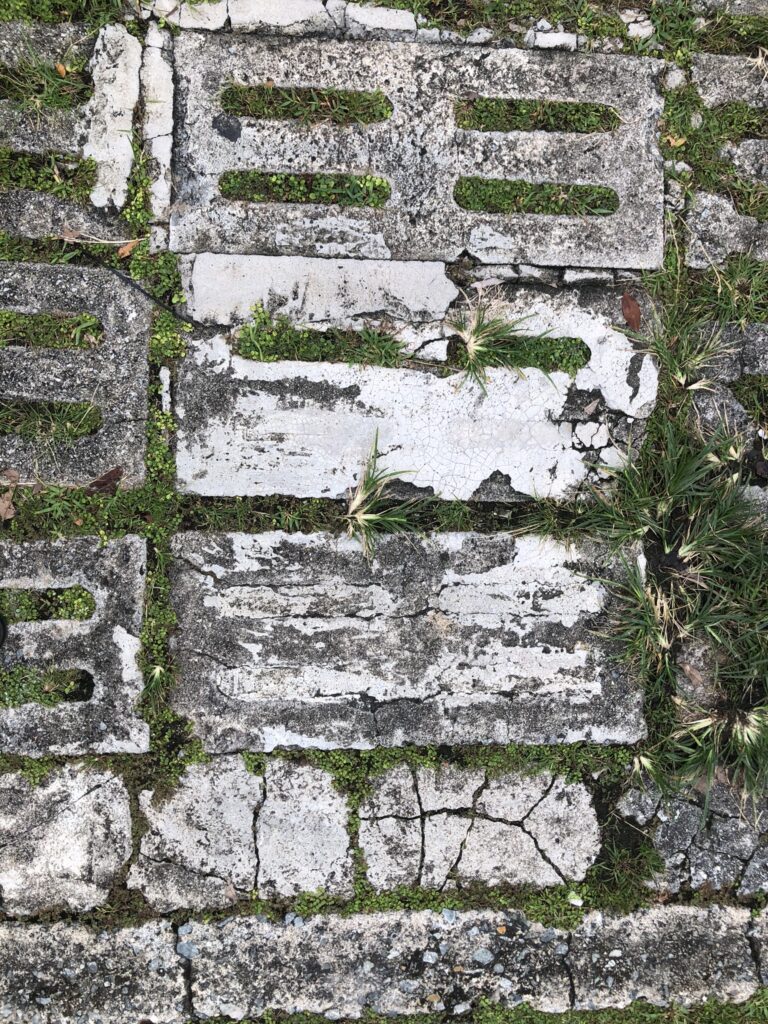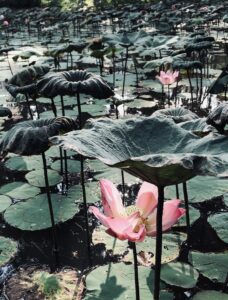‘Ordinarily we are often primarily lost in thought, secondarily conscious of the present moment. A meditator aims to become primarily present in life, and secondarily thinking’

Dear Integral Meditators,
This week’s article explores a foundational definition of meditation & how to start working with it on a practical level. Experience of it gives you a solid base for your practice that you can easily create enjoyable variations around.
Heads up for this Saturday morning’s workshop: Qi Gong for Improving your Health and Energy Levels and for Self-Healing. From the workshop write up: “Qi-gong is the science of working with the body’s energy field. Literally translated into English it means ‘energy work’, or ‘energy skill’. In this workshop Toby will be teaching the art of moving subtle energy and life force into and around our body using a series of simple and easy to apply techniques.”
In the spirit of presence,
Toby
Meditation – Not missing your life (Your basic meditation state or space)
Awakening in meditation
In some ways awakening to the state of meditation could not be simpler. Here is a working definition:
“Meditation is the state of being awake, not lost in thought and not falling asleep. It is a state of being present in the moment, and aware of the present”
If you bring your attention to your breath for the next three breaths, avoiding distraction, or falling asleep, and holding the recognition of the breathing in the present, then you are in meditation.
We are often close to being in meditation already
Through-out the day we spend periods of time when we are focused in the present moment, on a particular task, not lost in thought, and not asleep. Particularly when we are enjoying something or feeling relaxed, we can do it without too much trouble. Think of an activity you take pleasure in, and recall how it helps you land in the present more, temporarily liberating you from being ‘somewhere else’ in your head. Children spend long periods of time completely absorbed in and present to activities they enjoy.
The difference between these times that we all experience and a state of meditation becomes clear in the second part of the above definition: “A state of being in the present in the moment, and aware of the present moment.” Most non-meditators, when they arrive in the present moment do so by accident, as a side effect of an activity. They are present, but they are unconsciously present, rather than consciously present. To be in meditation we need:
- To be aware that we are in the present, and
- Conscious of what we are trying to focus on in the present
The state of meditation is therefore very similar to a state that you are already quite familiar with. It is just a matter of making it conscious, and then it becomes basic meditative presence
Your basic meditation state as your ‘inner studio space’
Your basic meditation state, once you can identify it and hold it consistently, then becomes like an ‘inner studio space’ where you can place and cultivate a range of different states of body, mind, and heart. For example, you can use it to:
- Build focus and relaxation
- Cultivate stillness
- Build greater love and compassion for yourself and others
- Work on healing inner wounds
- Develop your self-knowledge
There is a whole range of creative things you can cultivate within your meditation space, but there is one over-riding reason for meditating, and that is so that you don’t miss your life!
Meditation – Not missing your life
For many of us, much of the day is spent in a state of non-presence, or the opposite of meditation.
- We are often lost in thought and distraction
- When we are not lost in distraction, it is often due to mental fatigue or exhaustion so we find ourselves sleepy, unconscious and in a state of dullness
The result of this is that we miss our life. Our life itself is always happening now, in the present moment, but we forget to turn up, we are somewhere else. To put it simply:
‘Ordinarily we are often primarily lost in thought, secondarily conscious of the present moment. A meditator aims to become primarily present in life, and secondarily thinking’
As a meditator, thinking and reflecting consciously becomes a complementary activity to our primary activity of being aware and anchored in the present, thus turning up to our life rather than missing it.
The breath of life
As a practical way of exploring your basic meditation state, here are some simple pointers. Breathing comfortably and naturally:
- Notice how awareness of the breathing brings you naturally into your basic meditation state
- Notice what it feels like to be primarily present to your life, not lost in thought or on auto-pilot
- Notice what it is like to be ‘awake’ to your life, here and now
- See how deeply you can drop into your basic meditation state, and notice what happens when you do
- Practice taking the basic meditation state into your everyday activities as the orientation point in the moment. Notice how it changes your experience.
Article content © Toby Ouvry & Integral Meditation Asia 2024. you are welcome to share, but please cite the source, thanks! Contact info@tobyouvry.com
Follow Toby on: LinkedIn, YouTube, Instagram
Integral Meditation Asia
Online Courses * 1:1 Coaching * Books * Live Workshops * Corporate Mindfulness Training *Life-Coaching * Meditation Technology
 Dear Integral Meditators,
Dear Integral Meditators,



